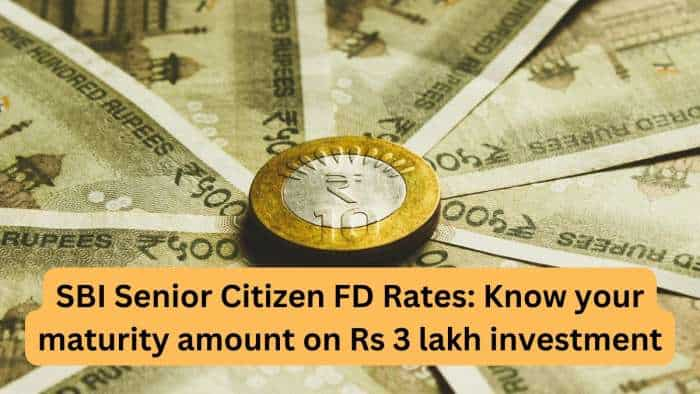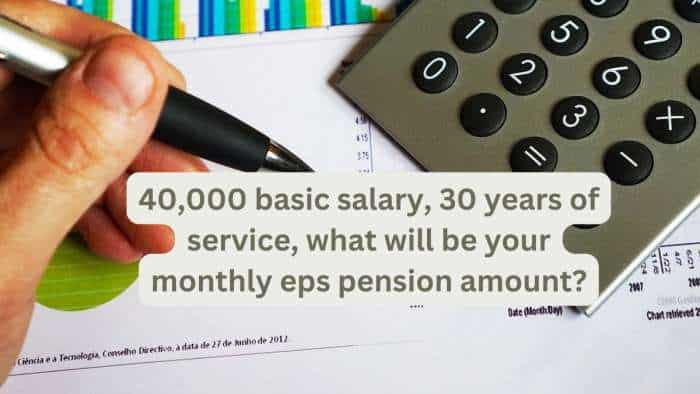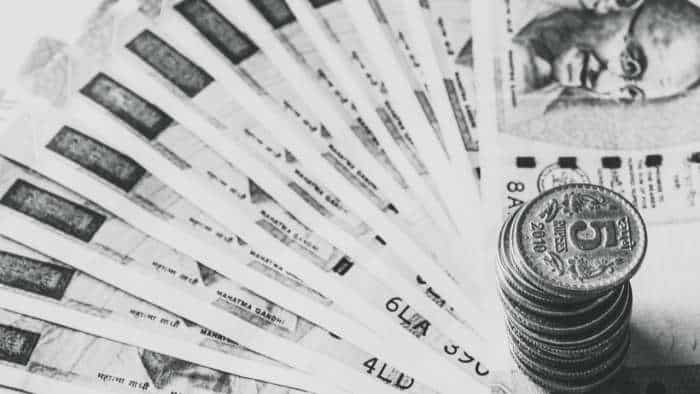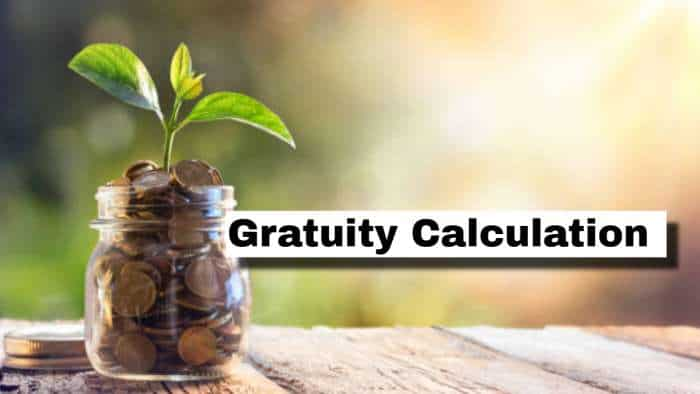States Borrowings: AP, Telangana, Punjab among states that frequently use RBI's short-term liquidity windows - report
A recent RBI study has identified 10 "vulnerable states" in terms fiscal management -- Andhra Pradesh, Bihar, Haryana, Jharkhand, Kerala, Madhya Pradesh, Punjab, Rajasthan, Uttar Pradesh and Bengal.

Andhra, Telangana, Rajasthan and Punjab along with three north-eastern states are repeatedly using the Reserve Bank's special short-term liquidity windows instead of market borrowings, indicating their serious cash imbalances, says a report.
The north-eastern states which are over and again using these facilities are Manipur, Mizoram and Nagaland.
The central bank offers three short-term liquidity windows -- special drawing facility (SDF; for 5 working days), ways and means advances (WMA, for 5 working days) and over draft (OD, for 14 working days) facilities to states to tide over their liquidity needs.
One of the main reasons for the states to use these windows is the cheaper pricing than market borrowings. Till August, states have availed SDF facility at an average rate of 3.2-4.2 per cent, while state bonds are priced at 7.8 per cent or more.
A recent RBI study has identified 10 "vulnerable states" in terms fiscal management -- Andhra Pradesh, Bihar, Haryana, Jharkhand, Kerala, Madhya Pradesh, Punjab, Rajasthan, Uttar Pradesh and Bengal.
According to the Bank of Baroda economist Sonal Badhan, such repeated use of these facilities show the deep cash imbalances of these states as well as the lack of fiscal discipline as they are spending more than they are earning, which is an early indicator of the overall state of finances.
The RBI clearly states that these three provisions for the states "are to help them to tide over temporary mismatches in the cash flows of their receipts and payments".
The RBI report further notes: "The share of revenue expenditure in total expenditure of these states varies 80-90 per cent with Rajasthan, Bengal, Punjab and Kerala spending around 90 per cent in revenue account. This results in low expenditure quality, as reflected in their high revenue spending to capital outlay ratios.
"Although welfare-enhancing, the impact of revenue spending on economic activity lasts for just about a year. In contrast, the impact of capital outlay is stronger and lasts longer, with the peak effect materialising after two-three years. In the medium- to long-term, states with high revenue spending and low capital investment may experience slower revenue growth and higher interest outgo," warns the RBI report.
Maharashtra, Assam and Karnataka take recourse to SDF, Kerala uses WMA, while majority of the north-eastern states have been using cash flow management facility consistently, as of August.
On average, Andhra and Telangana have availed Rs 712 crore and Rs 735 crore respectively under SDF facility alone this fiscal year. Of the 153 days till August, these states availed of SDF for 133 and 152 days respectively, she says.
The amount accessed via WMA is even higher, averaging Rs 1,773 crore for Andhra and Rs 1,206 crore for Telangana, and that too regularly.
Even the OD facility, which comes at rates higher than repo rate, is availed of. Amongst the north-eastern states, Manipur, Mizoram and Nagaland are availing all three facilities.
Another worrisome trend emerges from Rajasthan and Punjab, which too avail of SDF funds for 110 and 90 days respectively, of a total of 153 days. Average funds availed of by these two northern states are higher than those accessed by Andhra and Telangana.
On the other hand, Gujarat, Tamil Nadu, and Bihar never or rarely resort to these cash management facilities since 2017 and even states like Odisha, UP, and MP availed of them very rarely.
The RBI report specifically names Bihar, Kerala, Punjab, Rajasthan, and Bengal as "highly stressed" in terms of their debt-GSDP ratios and goes onto to say "states like Andhra, Bihar, Rajasthan and Punjab have exceeded both debt and fiscal deficit targets for FY21 set by the 15th Finance Commission".
While Andhra has drawn down Rs 712 crore via SDF for 133 days, Rs 1,773 crore via WMA for 122 days and Rs 1,819 crore in OD for 51 days, thus topping the list, neighbouring Telangana has taken Rs 735 crore in SDF for 152 days, Rs 1,206 crore in WMA for 138 days and Rs 851 in OD for 58 days -- making these two states the most stressed and undisciplined.
Manipur, Mizoram and Nagaland follow the next respectively with Rs 16 crore (SDF) for 121 days, Rs 195 crore (WMA) for 137 days and Rs 261 crore (OD) for 75 days; Rs 58 crore (SDF) for 42 days, Rs 74 crore (WMA) for 32 days and Rs 93 crore (OD) for 13 days; and Rs 109 crore (SDF) for 77 days, Rs 144 crore (WMA) for 55 days and Rs 96 crore in OD for 22 days.
The respective numbers for Meghalaya is Rs 113 crore in SDF for 54 days and Rs 64 crore from WMA for 32 days.
But when it comes to Rajasthan, it has taken Rs 3,146 crore from SDF for 110 days and has not drawn down from the other two windows and so is Punjab with a Rs 797 crore SDF for 90 days.
Against this, Haryana has taken Rs 343 crore in SDF for 13 days and Rs 457 crore in WMA for 5 days. The second biggest market borrower Maharashtra has taken just Rs 1,960 crore via SDF for just 12 days. Kerala has drawn down Rs 147 crore from SDF for 10 days and Rs 839 crore in WMA for 10 days, Karnataka has taken just Rs 176 crore from the SDF window for 9 days and Assam has taken Rs 144 crore from SDF for 9 days.
Monthly fiscal accounts of Andhra, Telangana, Punjab and Rajasthan show much lower revenue receipts in comparison to their total expenditure so far this fiscal. This implies higher reliance on market borrowings/grants-in-aid from the Centre.
Get Latest Business News, Stock Market Updates and Videos; Check your tax outgo through Income Tax Calculator and save money through our Personal Finance coverage. Check Business Breaking News Live on Zee Business Twitter and Facebook. Subscribe on YouTube.
RECOMMENDED STORIES

SBI Senior Citizen FD Rates: Want to invest Rs 3,00,000 in SBI FD? You can get this much maturity amount in 1 year, 3 years, and 5 years

EPS Pension Calculation: Rs 40,000 basic salary, 30 years of service, what will be your monthly EPS pension amount?

Retirement Planning: How one-time investment of Rs 11,00,000 can create a Rs 3,30,00,000 retirement corpus
03:29 PM IST








 Inflation rose to 2.3% in Europe; won't stop central bank from cutting interest rates
Inflation rose to 2.3% in Europe; won't stop central bank from cutting interest rates Pakistan repays $1 billion in Eurobonds, says central bank
Pakistan repays $1 billion in Eurobonds, says central bank Central banks likely to cut rates from June-July, align with pre-Covid range: Morgan Stanley
Central banks likely to cut rates from June-July, align with pre-Covid range: Morgan Stanley China central bank to set up $70 billion tech re-lending programme
China central bank to set up $70 billion tech re-lending programme Bank of Canada says February inflation data was very encouraging
Bank of Canada says February inflation data was very encouraging